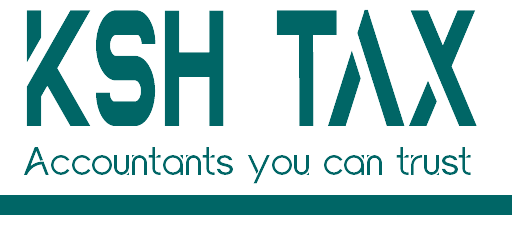Although not common, tax audits are an essential process undertaken by the ATO to ensure taxpayers remain in compliance with tax laws.
Auditing is among the most challenging and intimidating processes most people have to undergo.
However, with proper guidance, you can lower your chances of attracting ATO’s attention.
Our blog post focuses on ways you can reduce your risk of a tax audit and more to it below;
How to reduce your risk of a tax audit in Australia
While you can’t entirely eliminate a tax auditing process from taking place, there are several steps you can take to minimize it. Here are some of the ways you can reduce your risk:
1. Ensure accurate record-keeping
One of the most critical ways to reduce your chances of being audited is through maintaining an accurate and up-to-date record of everything tax-related in your account.
With ATO, whether an individual or a business, you must keep records of income, expenses, and deductions for at least five years.
You will need all of these records when an audit is conducted, and you need to ensure that they are in place to be safe.
2. Report all sources of income.
Failing to report all your sources of income to the ATO will raise suspicion and red flags.
This is because ATO fully has access to all ranges of financial data, including bank interests and business incomes you may have.
Always ensure that you give them a report on every financial move you make and that it aligns with the income documents they may provide you with.
3. Don’t overstate deductions.
Faking or exaggerating figures to inflate amounts can lead to auditing.
Give accurate figures when claiming deductions for work-related events such as charitable donations or business costs.
The only claim you can make should appear as legit as possible because deductions that seem unusually high or out of the ordinary may be scrutinized.
4. Be careful with work-related deductions.
During an audit, the tax office mainly focuses on work-related deductions, as employees and businesses are entitled to claim deductions on expenses incurred in their income.
To avoid being trapped by the tax office, ensure that the expenses you claim are purely work-related and adequately substantiated.
Whether travelling for business or making a home office claim, always keep receipts and other supportive documents for your claims.
5. File your tax return on time.
Keep up with the Australian taxation office times by promptly lodging your returns.
This will help you avoid penalties and reduce your chances of being audited due to late filing.
Late filing could easily raise eyebrows from the ATO, as they might think you are struggling financially or being hideous with your activities.
One way to win this timing game is by ensuring you get involved with a tax agent to help you through it or set an early reminder before the deadline.
6. Be transparent
Being honest and transparent with the ATO will save you much time. If you’ve noticed an honest mistake, lodge an amendment return.
Taking care of errors and mistakes can help save you from getting a full-scale audit you may not like.
7. Seek professional assistance
If you are unsure about any aspects of your tax returns or need help, find a professional tax agent who can guide you.
Through a registered agent, you can maximize your tax deductions while at the same time ensuring that you stay compliant with all applicable laws. What’s even better is that a tax agent can represent your case of an audit and help resolve any discrepancies that might arise.
What triggers an ATO audit?
An ATO audit is usually triggered by several factors that may raise concerns about taxpayers’ compliance with tax law. Here are some of the common triggers that can lead to auditing;
1. Discrepancies in tax returns
Sometimes, a substantial noticeable difference may be observed between taxpayer reports in their tax returns and what the ATO expects based on the data received. This may raise questions leading to an audit being conducted.
2. Unusual deductions
Individuals claiming unusually high deductions compared to their income can also be a red flag factor.
3. Failure to report all income
The ATO can easily recognize data you have not reported through third-party reports, such as those from employers or banks. They may proceed with an audit to ensure everything being declared is reasonable.
4. Significant changes in income or expenses
A sudden drop in income or a substantial increase in deductions can raise suspicions. ATO may need to verify if these changes are legitimate.
5. Cash only businesses
If you run a business and accept cash as a form of payment, you may attract more scrutiny. Cash transactions can sometimes be tricky to trace, so the ATO may investigate whether the income is being underreported.
Conclusion
Ensuring you stay compliant with Australian tax laws and lodging your returns promptly will save you from being audited. As intimidating as it may seem, being careful and keen to detail will help reduce the risk of being on ATO’s radar. If you are unsure what to do, contact the nearest tax accountant to guide you through the process and ensure you have submitted what’s rightfully needed.













